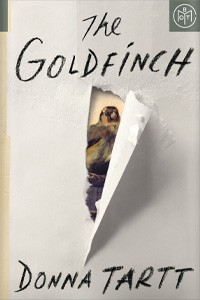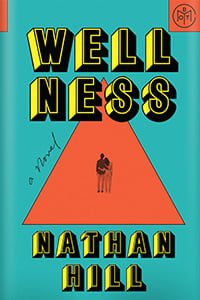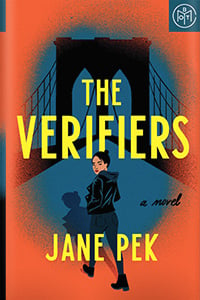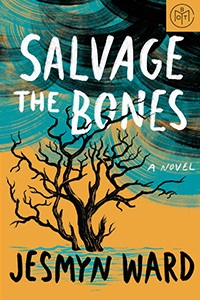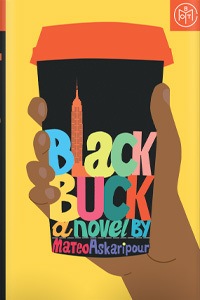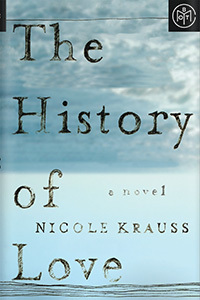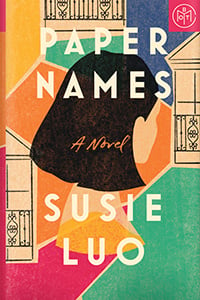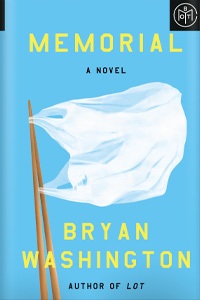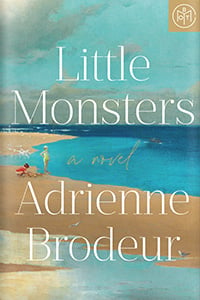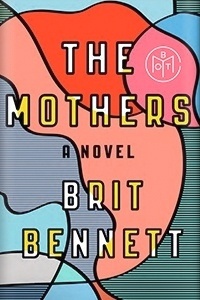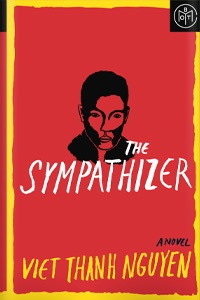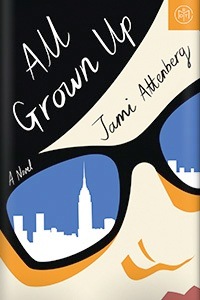

Literary fiction
The Secret History
by Donna Tartt
Quick take
A murder mystery about a group of classicists at a small New England college and a page-turner that makes reference as easily to T. S. Eliot as it does to TV and fast food.
Good to know
400+ pages
Unreliable narrator
Murder
Academic
Synopsis
Under the influence of a charismatic classics professor, a group of clever, eccentric misfits at a New England college discover a way of thought and life a world away from their banal contemporaries. But their search for the transcendent leads them down a dangerous path, beyond human constructs of morality.
Free sample
Get an early look from the first pages of A Secret History.
Why I love it
James Kaplan
Author
Writers, against all reason (and whatever we pretend), are competitive creatures. And so when Vanity Fair assigned me, in the spring of 1992, to profile the author of that fall's big, hot novel, a first novel that had fetched an advance of close to a million dollars, my initial reaction, as a recent first-novelist myself who had garnered some moderately good reviews and sold a couple of thousand books, was envious and dismissive.
Until I read the novel in question: Donna Tartt's The Secret History.
From the first sentence—The snow in the mountains was melting and Bunny had been dead for several weeks before we came to understand the gravity of our situation—I was drawn almost feverishly into what turned out to be, of all things, an intellectual thriller: a murder mystery whose core characters were a group of classicists at a small New England college, likely to break out at any moment into Latin or Attic Greek; a page-turner that made easy reference to T. S. Eliot, Pliny, and A. E. Housman—and, just as easily, to TV, movies, and fast food.
The book was infused with the thrill of the life of the mind, but its true secret was that its pleasures were visceral. The plot was dark and breathless and tumbling, the writing simple and clean and compelling, filled with images so beautiful they cleared the nasal passages. Repressed sexuality—of all kinds—ran like a river of hot lava throughout, now and then bursting into startling flame.
Who could have produced such a work? The author, it turned out, was a piece of work herself: tiny and mildly androgynous in her boy's clothes, with dark bobbed hair, spooky pale-green eyes, an ever-present Marlboro Gold, and an ever-flowing stream of quotations from Buddha and Plato and Thomas Aquinas, from A. A. Milne and Talking Heads. Tartt came from a tiny hamlet in deepest Mississippi, and she had pledged Kappa Kappa Gamma at Ole Miss before transferring to Bennington, the intellectual-bohemian hothouse of a college in chilly Vermont which bore more than a passing resemblance to Hampden College, The Secret History's Gothic setting.
Surely, I thought, Donna Tartt's own unusual life was a key to the book's puzzles. Yet she deftly parried my biographical prying, salting the basic information she vouchsafed with ever more entertaining quotations and references, cocking her head teasingly like the rare and strange bird she was.
Tiny feathered creatures, it turned out, meant a great deal to her. One in particular: "Goldfinches are the greatest little birds," she told me then. "They're the last to settle down—they just fly around and they're happy for a long time, and just sing and play. And only when it's insanely late in the year, they kind of break down and build their nests. I love goldfinches — they're my favorite bird."
Two decades later, of course, Tartt would publish a Pulitzer Prize-winning third novel called The Goldfinch. Could she have had any inkling in 1992 in which direction her work would take her? Good writers know how to keep their secrets.
